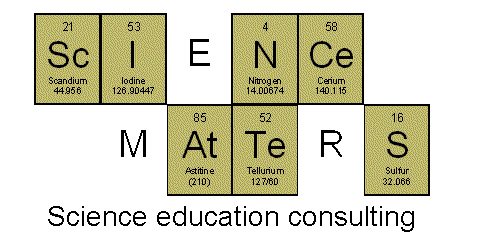I'm re-posting this activity, because it works well for a science camp. Curriculum and time constraints may prevent you from actually building the volcanoes during the school year, but summer camp provides the perfect opportunity to take on such things. Kids always love to make and erupt volcanoes - doesn't matter how many times they've done it before!
But you can save your money and have a little more (messy) fun by making your own.
Start with an empty bottle - a Snapple bottle or soda bottle works well. Tape it to a paper plate - makes it sturdier and easier to work with.
Mix up some paper mache. There are all kinds of recipes out there. I'm partial to just flour and water - cheap, easy to procure, and easy to clean up.
Dip strips of torn up newspaper in the paper mache and start applying them to the bottle. Build up the shape of the volcano as you wish. Make sure you keep the top of the bottle open!
By making your own model, you have the chance to make it the shape you want... make it a shield volcano, a cinder cone volcano, a composite volcano. Even if you don't have a sepcific plan, it gives you a chance to review and discuss those types of volcanoes and how they're formed.
A cinder cone volcano
Allow your volcano to dry - the amount of time this takes depends on the weather and how heavy-handed you were with the paper mache.
Once the volcano is dry, you can choose to paint it.
Or you can just get on with the exploding part.
Put some baking soda in the bttle. You can add some red food coloring, for effect, if you wish. Pour in some vinegar and stand back and watch!
And, if you're too impatient to build the volcano and just want to get to the exploding part, you can just put some baking soda in an empty bottle, add some vinegar and watch. It's a good demonstration of a chemical change, even if you aren't studying volcanoes!




No comments:
Post a Comment
Note: Only a member of this blog may post a comment.